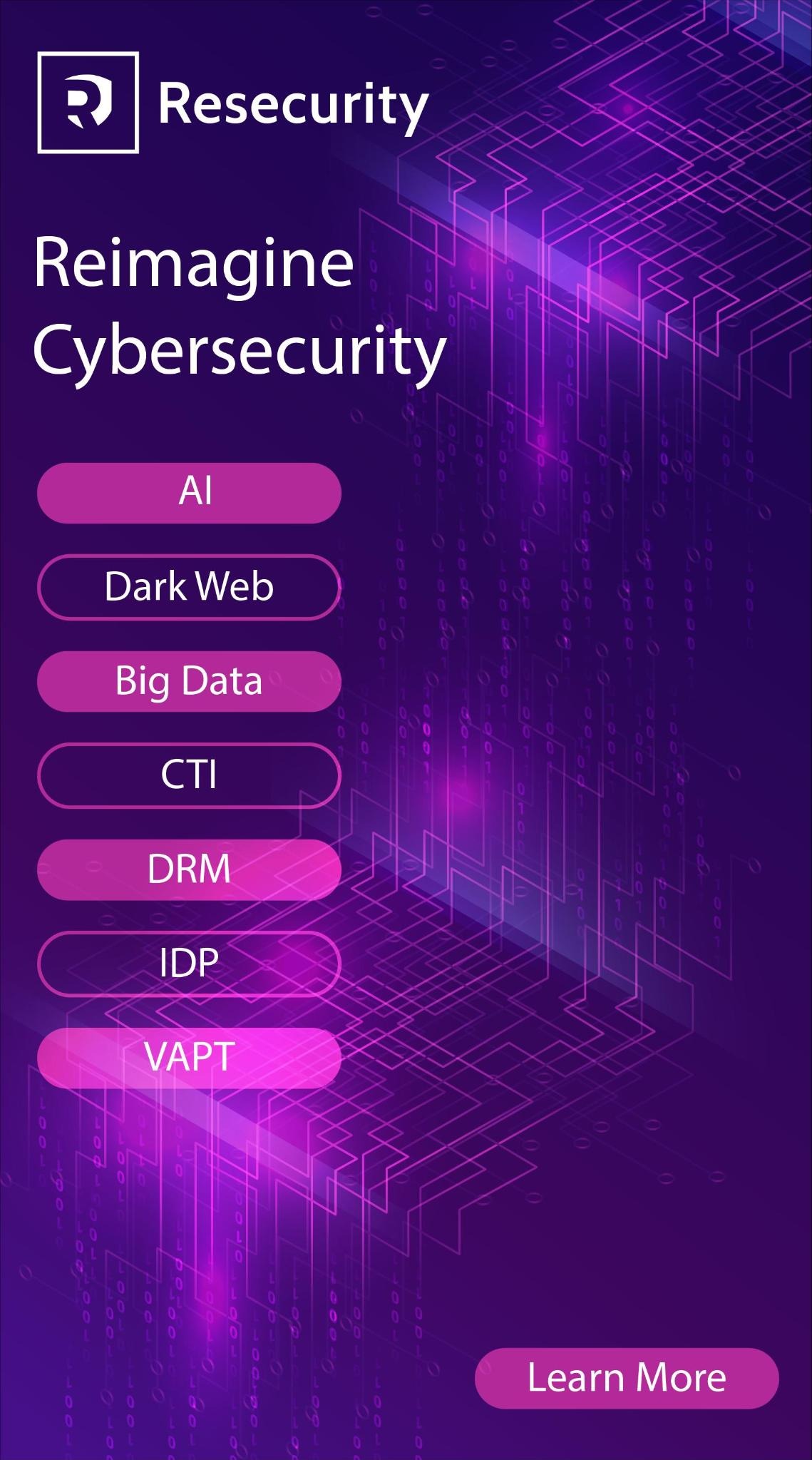“The C&C provides the malware with a batch of 20 targeted email addresses.The malware is also given a from address, subject line, and email body text unique to this particular batch of emails. Once the malware has run through the batch, it is provided with a new batch of 20 emails. And with each new batch of emails the C&C also sends a new from address, subject line, and body.”
“The emails we have seen, written in German, contain a link prompting the recipient to download a zip file which contains an executable disguised as a PDF document,” “By opening the file, Geodo [new version of Cridex] is installed on the newly infected endpoint, adding a new bot to the mix.” states Seculert in the blog post.
| [adrotate banner=”9″] | [adrotate banner=”12″] |
(Security Affairs – Geodo, banking trojan)
[adrotate banner=”5″]
[adrotate banner=”13″]











